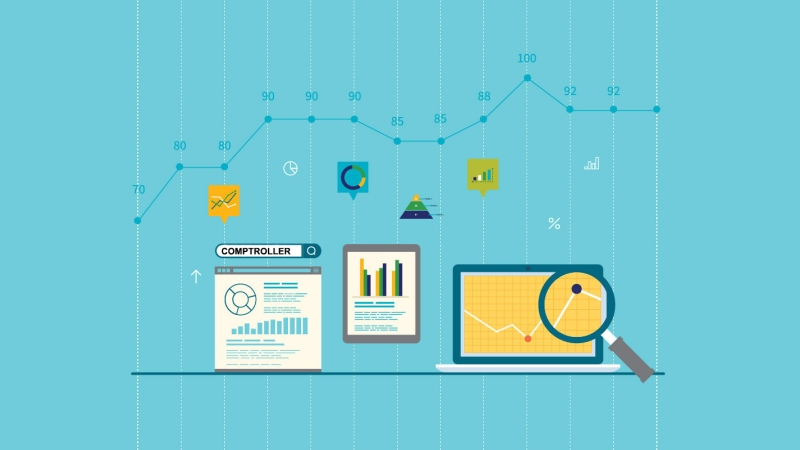
Audit Standards, Ethics, and Peer Review
The Office of Auditor General (OAG) follows established audit standards
U. S. General Accounting Office (GAO)
Government Auditing Standards
The United States Government Accountability Office (GAO) issues professional standards for conducting government audits. These professional standards are presented as Government Auditing Standards also known as the “Yellow Book”. These standards, commonly referred to as generally accepted government auditing standards (GAGAS), provide the foundation for government auditors to lead by example in the areas of independence, transparency, accountability, and quality through the audit process. The Office of Auditor General endorses and adopts the use of GAGAS.
Other auditing standards that may be adopted include:
Institute of Internal Auditors (IIA) Standards for the Professional Practice of Internal Auditing
The IIA, an international organization dedicated solely to the advancement of the internal auditing profession, has adopted the "International Professional Practices Framework" (IPPF). The IPPF includes the definition of internal auditing, the code of ethics, and the standards as part of its mandatory guidance.
American Institute of Certified Public Accountants (AICPA) Generally Accepted Auditing Standards
The AICPA has promulgated Generally Accepted Auditing Standards (GAAS) through Statements of Auditing Standards, Industry Audit Guides, and other professional releases.
Independence
In accordance with GAGAS, in all matters relating to the GAGAS engagement, auditors and audit organizations must be independent from an audited entity. As such, the Office of Auditor General reports to the Audit Committee under the School Board.
The standards further state that this requires independence of mind as well as independence in appearance during any period of time that falls within the period covered by the financial statements or subject matter of the engagement and the period of professional engagement, except under limited circumstances.
Ethics
All audit engagements should be conducted in accordance with the ethical principles outlined in GAGAS, as follows:
- The public interest – Observing integrity, objectivity, and independence in discharging their professional responsibilities helps auditors serve the public interest and honor the public trust.
- Integrity – includes auditors performing their work with an attitude that is objective, fact-based, nonpartisan, and non-ideological.
- Objectivity – includes independence of mind and appearance when conducting engagements, maintaining an attitude of impartiality, having intellectual honesty, and being free of conflicts of interest.
- Proper use of government information, resources, and positions – these should be used for official purposes and not inappropriately for the auditor’s personal gain or in a manner contrary to law or detrimental to the legitimate interests of the audited entity or the audit organization.
- Professional behavior – compliance with all relevant legal, regulatory, and professional obligations and avoidance of any conduct that might bring discredit to auditors’ work.
Peer Review
As promulgated by GAGAS, OAG must obtain an external peer review that is conducted by a peer review team that is independent of the audit organization. The peer review team will determine whether OAG ‘s system of quality control is suitably designed and whether OAG is complying with the quality control system for reasonable assurance that OAG is performing and reporting in conformity with professional standards and applicable legal and regulatory requirements.
A peer review was conducted for OAG for the period of period of July 1, 2021 to June 30, 2022. Peer review results are being made available publicly.



